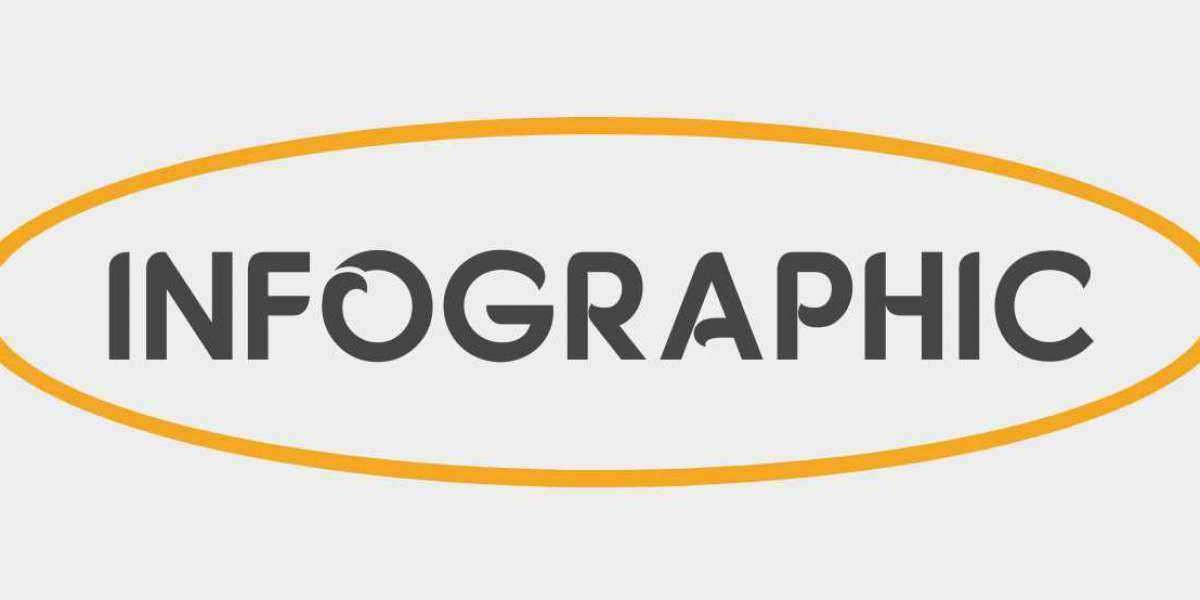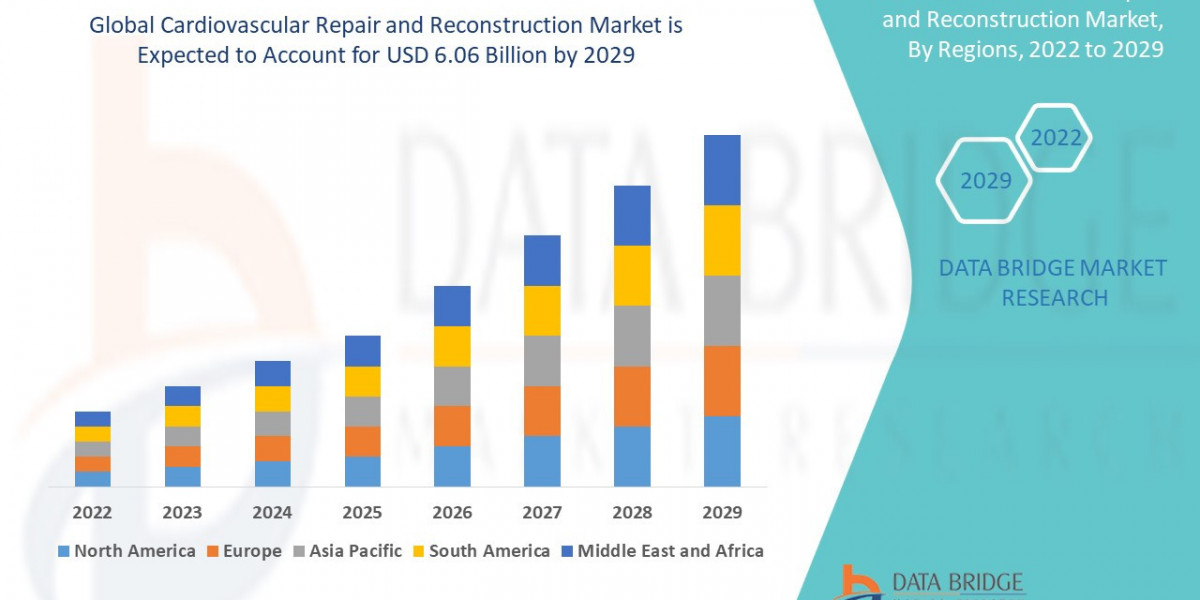
In industries where high-purity materials are a necessity, Polyvinylidene Fluoride (PVDF) components have emerged as a top choice. PVDF is a highly durable thermoplastic known for its chemical resistance, purity, and mechanical strength, making it an ideal solution for applications requiring stringent contamination control. From pharmaceuticals and biotechnology to semiconductor manufacturing and chemical processing, PVDF components ensure safety, reliability, and superior performance. This article explores why PVDF components are the best choice for high-purity applications and their significance across various industries.
What Are PVDF Components?
PVDF components are precision-engineered parts used in high-purity and corrosion-resistant systems. These include pipes, fittings, valves, tanks, sheets, rods, pumps, and filtration membranes, all designed to maintain system integrity and prevent contamination. Unlike other materials, PVDF offers a unique combination of purity, strength, and chemical resistance, making it a preferred choice in industries where cleanliness and performance are paramount.
Key Properties That Make PVDF Ideal for High-Purity Applications
Superior Chemical Resistance
PVDF components exhibit exceptional resistance to a wide range of chemicals, including acids, bases, solvents, and oxidizers. Unlike metals or lower-grade plastics, PVDF does not degrade or leach contaminants into sensitive processes, ensuring product purity.

High Thermal Stability
PVDF can withstand temperatures up to 150°C (302°F), making it suitable for high-temperature processes in industries like pharmaceuticals and semiconductor manufacturing. It retains its mechanical properties even under extreme thermal conditions.
Low Extractables and Leachables
In applications requiring ultra-high purity, such as medical, food, and semiconductor industries, PVDF ensures that there are minimal extractables or leachables, preventing contamination of sensitive fluids or gases.
Excellent Mechanical Strength
Despite being lightweight, PVDF has high impact resistance, tensile strength, and durability, ensuring long-term performance in demanding environments.
UV and Radiation Resistance
Unlike other plastics that degrade under UV exposure, PVDF offers excellent UV resistance, making it a suitable material for outdoor and radiation-sensitive applications.
Industries Benefiting from PVDF Components
Semiconductor & Electronics
In semiconductor manufacturing, contamination control is critical. PVDF components are widely used in ultra-pure water systems, chemical handling, and cleanroom environments, ensuring no foreign particles compromise semiconductor wafer quality.
Pharmaceuticals & Biotechnology
PVDF is widely used in pharmaceutical and biotech applications, including fluid transfer systems, sterile filtration, and bioreactors. Its ability to resist microbial growth and leaching makes it ideal for manufacturing high-purity drugs and biologics.
Chemical Processing
With its resistance to corrosive chemicals, PVDF is extensively used in chemical storage tanks, piping systems, and industrial reactors, ensuring safe handling of aggressive substances.
Water Treatment & Filtration
PVDF membranes are used in ultrafiltration and microfiltration systems, providing superior filtration for desalination, wastewater treatment, and potable water purification.
Food & Beverage Industry
PVDF components meet FDA and food-grade compliance, making them a reliable choice for fluid transport and filtration in beverage production and dairy processing.
Comparison: PVDF vs. Other High-Purity Materials
Property | PVDF | PTFE (Teflon) | Polypropylene (PP) | Stainless Steel |
Chemical Resistance | Excellent | Excellent | Good | Moderate |
Temperature Resistance | Up to 150°C | Up to 260°C | Up to 100°C | Varies |
Purity Level | High | High | Moderate | High |
Mechanical Strength | High | Moderate | Moderate | Excellent |
Cost | Moderate | High | Low | High |
UV Resistance | Excellent | Excellent | Poor | Moderate |
Why Choose PVDF Components Over Traditional Materials?
- Higher Purity: No risk of metal contamination or microbial growth.
- Longer Service Life: Resistant to wear, corrosion, and degradation.
- Lightweight & Easy to Install: Easier to handle and install compared to metal components.
- Compliant with Global Standards: Meets ASTM, FDA, and ISO regulations for purity-sensitive applications.
How to Select the Right PVDF Components for Your Needs?
When choosing PVDF components, consider the following factors:
- Application Requirements: Assess the operating conditions such as temperature, pressure, and chemical exposure.
- Purity Standards: Ensure compliance with industry regulations and purity needs.
- Component Type: Select the appropriate pipes, valves, sheets, membranes, or fittings based on your system.
- Manufacturer Quality: Source from a reputable supplier to ensure high-quality and tested PVDF components.
Conclusion
PVDF components are an unmatched solution for high-purity applications across various industries. Their chemical resistance, thermal stability, low extractables, and superior mechanical strength make them the ideal choice for environments where contamination control is crucial. Whether in pharmaceuticals, semiconductors, chemical processing, or water treatment, PVDF ensures reliability and efficiency.
For businesses looking to invest in premium-quality PVDF components, choosing the right supplier is essential. Ensure that your high-purity applications benefit from the best material solutions by integrating PVDF into your systems today!










